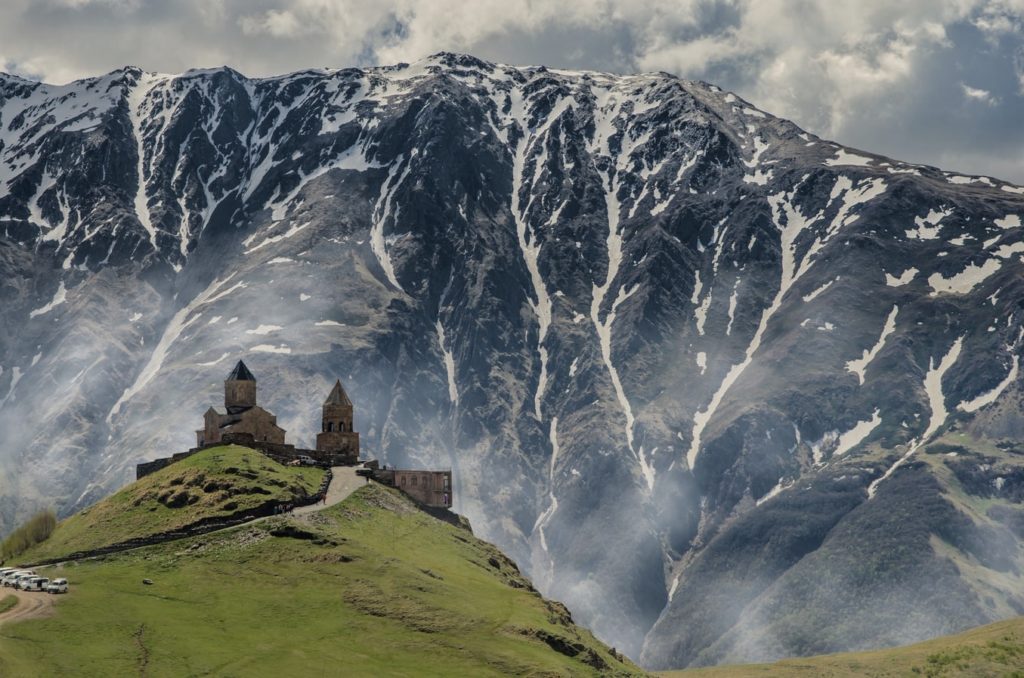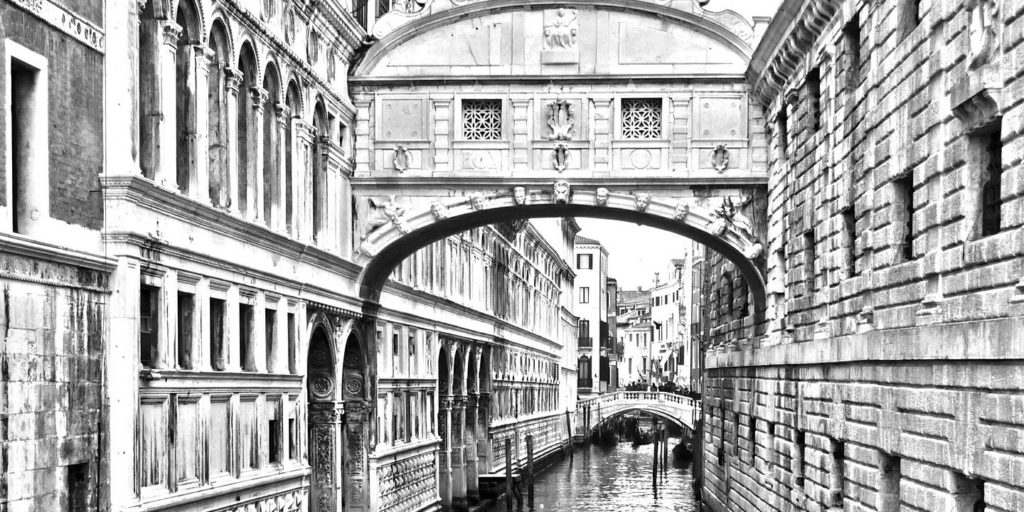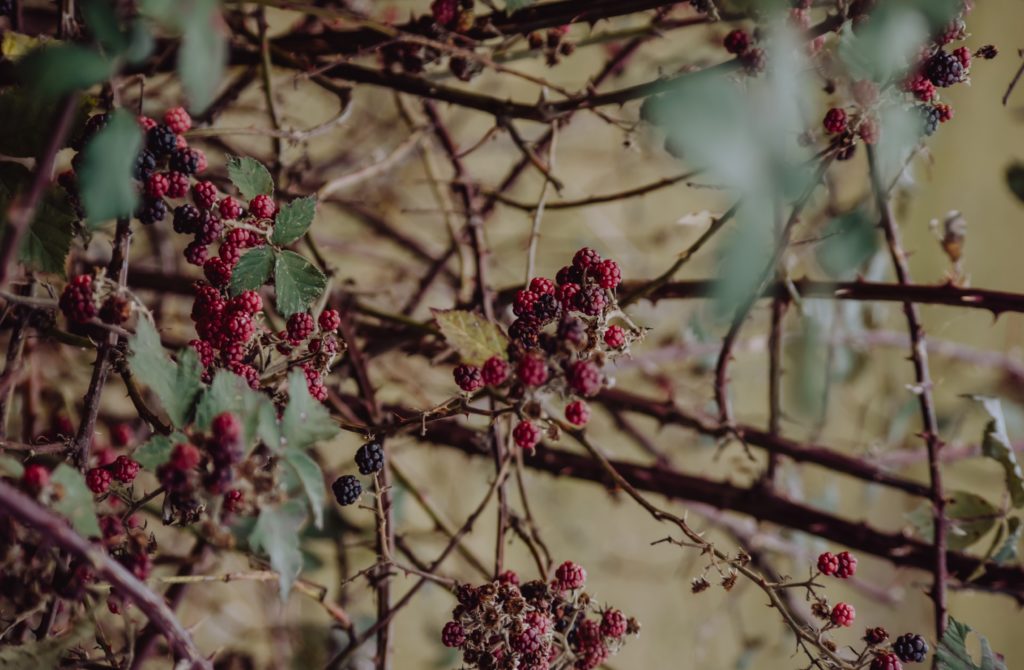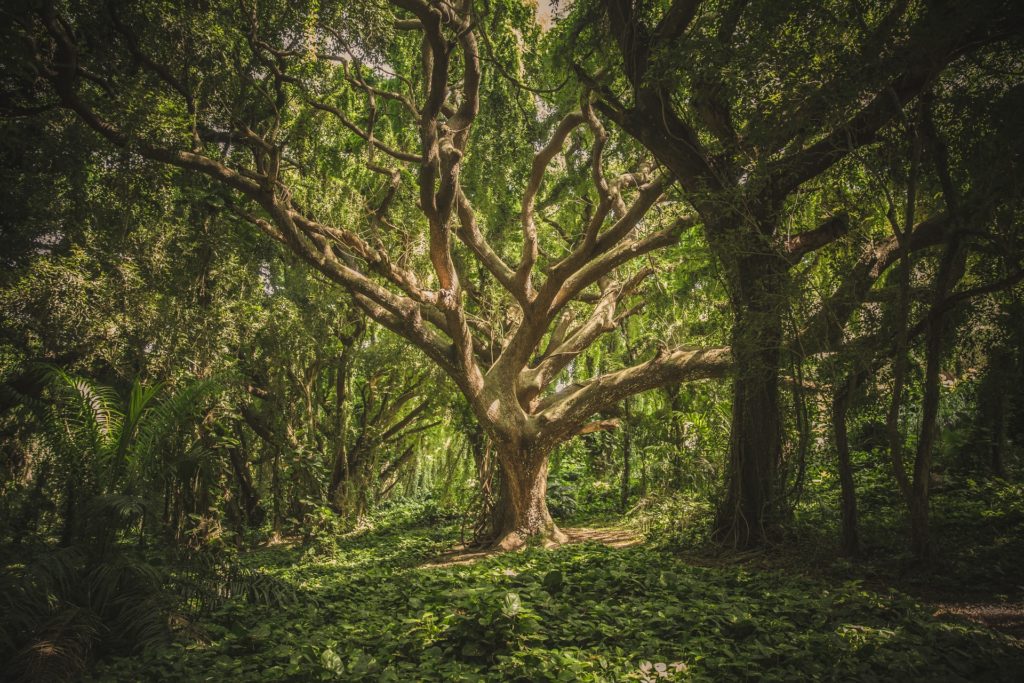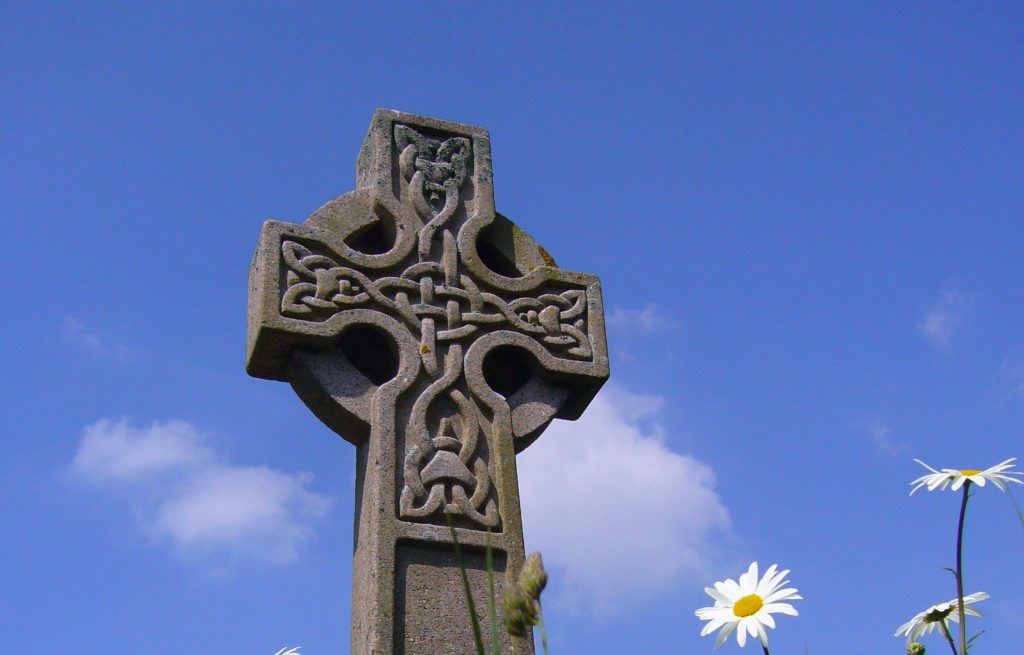We had been popping Imodium for days. Dan reckoned it was something to do with the Khinkali—moreish dumplings stuffed with a meatball, in a salty soup base. I thought it could have been the Khachapuri we had eaten before our mini-bus ride to Tbilisi. Served from a hole in the wall, Khachapuri is a flatbread stuffed with runny curd cheese, heated, and topped with a raw egg. As we sought a ride out of town, our stomachs churned.
Where we hoped to travel from here, only the finest fifteen year old 4×4 would do and, after a little too long in the station bar, we had found just the driver for the job. Donning a beige jacket over his fake Rolex, and stubbing out a half-smoked cigarette, a retiree offered us a lift on his way back home to the top of a high pass in the Caucasus. Tipsy enough not to bother with too much haggling, before long we found ourselves slumped on the worn white leather seats of his gold M-Class. Inhaling the stale nicotine of the Mercedes’ cabin, we began our journey up along the last open road to the village of Stepantsminda and the Russian border beyond.
Dan and the driver exchanged grunts and cigarettes while I let my eyes settle on the hills ahead. Ever since I was a child, studying the world map on bored Sunday afternoons, the name ‘Caucasus’ had drawn my attention; its cutting ‘c’ sounds evoke images of roaming Tartars and Cossacks, frontier people you might find haunting the pages of a nineteenth century Russian novel. Now I would be retracing in person the same contours that I had idly thumbed out thousands of times on the pages of my parents’ atlas.
When we left Tbilisi, the air was dry. Augusts in Georgia are dusty. Each side of the road was lined with half-built housing blocks and makeshift roadside shops. A dead landscape dominated by the breezeblock skeletons of thirty-year unfinished hotels.
As we got out of the suburbs and wound our way up, first past a large reservoir and then into the foothills, the countryside grew slowly greener until, around a corner, we emerged into a lush wooded valley. Between the snowline and the heat of the basin below, pine trees, damp air, and animals existed narrowly along the waist of the mountain. The women stationed by the roadside selling honey were alert like the landscape, now set alive by insects.
Driving further up, black rocks began to jut out of the woodland and the trees began to thin. Tilting his 4×4 around an ‘n’ shaped curve across a climbing gulley, our driver pointed down over the bands of vegetation that contoured the muscular frame of the mountainside. It became noticeably still and, when Dan wound down his window to spit out some chewing gum, we felt a jolt of cold air.
Once we were up beyond a certain height, the road became quiet and our surroundings stony; the Mercedes’ engine echoed against steep cliff faces. Then, over an escarpment, a long line of lorries appeared on the side of the barely made road, waiting to be searched by Kalashnikov-toting police officers. According to our driver these were customs checks ahead of the border, where smuggled alcohol, cigarettes, and household goods could be intercepted or overlooked, depending on the price you were prepared to pay. Chewing nervously on the end of his Lucky Strike, he explained that we were on an old Soviet truck pass, built in case it was necessary to move Russian troops quickly down into the Georgian valleys below.
The hills in the distance were in the breakaway province of South Ossetia, ‘liberated’, he told us, by Putin’s troops in 2008, while ethnic Georgian villages had been cleared. At around 1600 metres up we passed a Soviet monument to Russo-Georgian friendship, now noticeably graffitied. Staring out of the window as he sped close by a group of cattle wandering across the middle of the road, our driver let out a guttural laugh and produced yet another cigarette. Apparently, there was something very funny about us and our trip. We drove on – now only minutes from the village.
Ringed by sharp black mountains that reflected the colour of the incoming sky, the steel roofs of Stepantsminda glinted at us as we approached, recycling a vanishing gap of sunlight. Some three to four hundred metres above the village, a fourteenth century church perched on the hillside, slowly disappearing as a storm blew further off Mount Kazbegi high above.
Arriving shortly before the downpour, we stashed our bags in a guesthouse, and prepared our PVC macs. But out on the veranda, our teenage housekeeper shook her head, estimating that we had about an hour to sit out the storm before we could start the climb. She slipped back down into her low wicker chair beneath the drumming corrugated steel roof and returned to flirting in broken English with a Polish man at least twenty years her senior. In the end, she got out two glasses for the unlabelled sweet wine he had been brandishing at her like a passport. Through our room’s thin walls, we overheard gossip about Tbilisi night clubs and the quality of the marijuana grown in the fields above.
When we left, it was still spitting, but most of the cloud seemed to be clearing and the grey slate rocks shone back at us with a slippery sheen. Crossing the stream at the bottom of the village, we climbed through a neighbourhood of abandoned drystone farmhouses, each betraying signs of recent habitation through their beaten-up blinds – torn wallpaper, rusty metal lampshades, and tables unevenly balanced on warped wooden legs.
Our path up to the church was by now a muddy gully for water running down the mountain, swilling over our trainers as a ragged sheep dog tailed us to the crags. From here the weather turned again and, sweating underneath our macs, we were swallowed by a sinking cloud. Scrambling up the path to ensure that we made it to the top and back before nightfall, any remaining visibility began to give way and the air itself tasted watery. Enclosed and alone in the open space of the mountainside, our ascent was disturbed only by the stuttering hum of an old jeep somewhere not far above. We pushed on together until, out of nowhere, a slate scree shot away beneath my feet and I fell in a sharp tumble of stones. Head where my feet should have been, hands gripping at sharp shale, I must have slipped several metres down the slope. Disoriented, I looked up to see a mossy church peeking out of the whiteness some ten metres above. Dan shot out a stiff hand to haul me up as I pointed over to it. The building hunched, dark against the sinews of cloud that swept through the airspace in between.
Gergeti Trinity Church, 2170 metres above sea-level, like a raven on a sub-peak of the climbing hillside. Just as in a level from an early computer game, a blank horizon marked the compound’s perimeter, while brooding above the valley, its buildings grew naturally out of a seven-hundred year mist. On closer inspection, the church’s north face carried an orange lichen that had spread over a weathered-smooth stone cross carved into the facade.
Further east than Turkey and closer to northern Iraq than Europe, this wind-worn church suited its role – a remote outpost of Christendom that had endured for centuries, outliving in turn Ottoman, Tsarist, and Soviet regimes. Built close to God in the hills, this squat, wet building spoke to a stubborn people, firm in their stronghold between the Greater and Lesser Caucasus.
In the incense-choked darkness, a lone woman in a puffer jacket closed her wrinkled eyes and touched a golden icon of the Virgin Mary, while Dan and I covered our legs with black scarves to enter. Barely ten by ten meters, the church’s darkness sucked in light from the outside. A navel to the surrounding mountains, the centre point of the building carried an enormous sense of quiet energy. Small streams of cloud trickled in though the arrowslit windows and, by candlelight, the space glowed with reflections from the metallic halos rimmed around the heads of medieval saints. In one corner, a priest in black mumbled prayers and Dan, moved, passed his fingers over a relief of the Christ child’s clothing.
Leaving our change with a pair of nuns at the church gate, we dropped down again into the rain as a sudden power cut plunged Stepantsminda into blackness.
Freddie Hopkinson is an occasional writer and less occasional traveller. He lives in London. @Fred_Hopkinson

